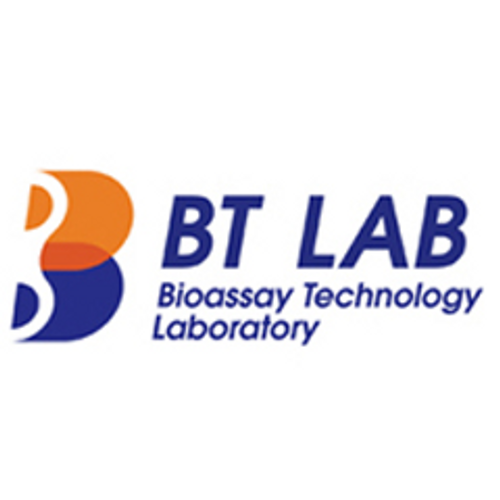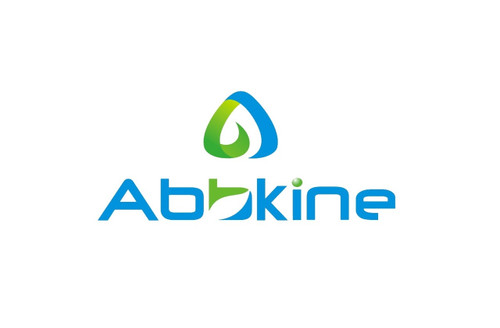Product Description
Human Prominin 2 (PROM2) ELISA Kit | AE25770HU | Abebio
Species Reactivity: Human (Homo sapiens)
Abbreviation: PROM2
Alternative Name: MGC138714; PROML2; OTTHUMP00000207357|prominin-like protein 2|prominin-related protein
Application: ELISA
Range: Request Information
Sensitivity: Request Information
Intra-Assay: ≤6.1%
Inter-Assay: ≤10.8%
Recovery: 1, 05
Sample Type: Serum, Plasma, Other biological fluids
Detection Method: Sandwich
Analysis Method : Quantitive
Test Principale: This assay employs a two-site sandwich ELISA to quantitate PROM2 in samples. An antibody specific for PROM2 has been pre-coated onto a microplate. Standards and samples are pipetted into the wells and anyPROM2 present is bound by the immobilized antibody. After removing any unbound substances, a biotin-conjugated antibody specific for PROM2 is added to the wells. After washing, Streptavidin conjugated Horseradish Peroxidase (HRP) is added to the wells. Following a wash to remove any unbound avidin-enzyme reagent, a substrate solution is added to the wells and color develops in proportion to the amount of PROM2 bound in the initial step. The color development is stopped and the intensity of the color is measured.
Product Overview: Prominin 2 is a member of the prominin family of pentaspan membrane glycoproteins. The encoded protein localizes to basal epithelial cells and may be involved in the organization of plasma membrane microdomains. Alternative splicing results in multiple transcript variants.Colocalizes with PROM1. Associates with membrane in a cholesterol-dependent manner. Localizes to the apical and basolateral membranes of epithelial cells Present in saliva within small membrane particles (at protein level) . Expressed in kidney, prostate, trachea, esophagus, salivary gland, thyroid gland, mammary gland adrenal gland, placenta, stomach, spinal cord and liver. In submucosal tumor, expressed in spindle-shaped or stellate stromal cells. Expressed in prostate cancer cell lines.
Stability: The stability of ELISA kit is determined by the loss rate of activity. The loss rate of this kit is less than 5% within the expiration date under appropriate storage condition. The loss rate was determined by accelerated thermal degradation test. Keep the kit at 37°C for 4 and 7 days, and compare O.D.values of the kit kept at 37°C with that of at recommended temperature. (referring from China Biological Products Standard, which was calculated by the Arrhenius equation. For ELISA kit, 4 days storage at 37°C can be considered as 6 months at 2 - 8°C, which means 7 days at 37°C equaling 12 months at 2 - 8°C) .
 Euro
Euro
 USD
USD
 British Pound
British Pound
 NULL
NULL








